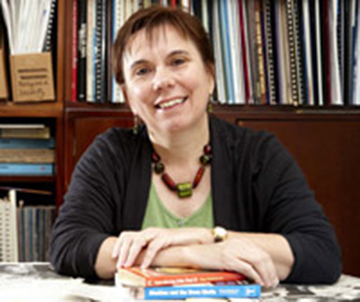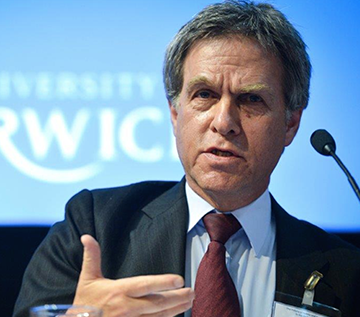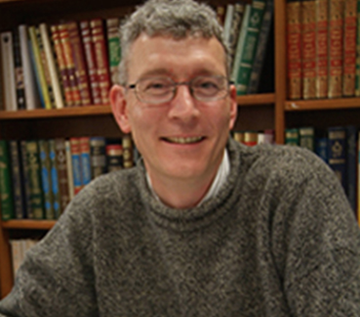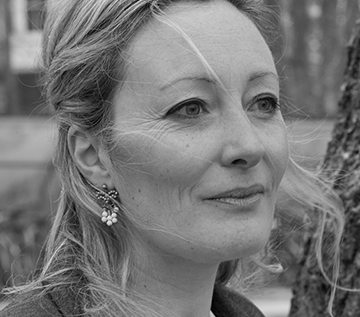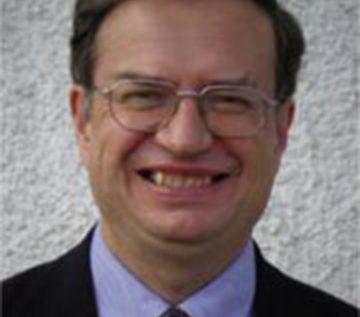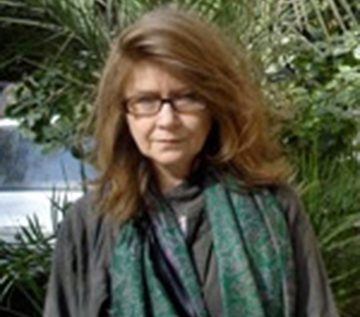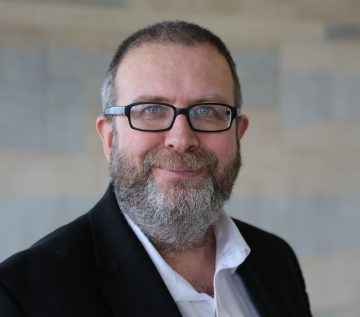Professor Kim Knott
Lancaster University
The Role of Ideology, Belief and Commitment in Motivations, Justifications and Catalysts for Action in the Face of Uncertainty
Nine leading academics were appointed as Global Uncertainties Leadership Fellows under PaCCS in 2013. They provided leadership for the Partnership undertaking high quality research and knowledge exchange projects across themes of radicalisation, religion and beliefs, trust, ethics, and national security.
At the time of her appointment as a Fellow, Kim Knott was a Professor of Religious and Secular Studies at Lancaster University. Her work has focused on the study of religions, using sociological and geographical approaches to research relationships between the religious and the secular, and the location of religion in ostensibly secular institutions, bodies and discourses.
She has researched religion in relation to diasporas and migration, ethnicity, terrorism, gender, identity and public life. She developed a spatial approach for studying religion in secular contexts, for examining its engagement with other social and cultural institutions and issues and for understanding secularist and other non-religious ideologies and beliefs.
Project Summary
Kim’s Global Uncertainties Leadership Fellowship, which ran from February 2013 to November 2015, was entitled The Role of Ideology, Belief and Commitment in Motivations, Justifications and Catalysts for Action in the Face of Uncertainty and explored how ideologies, beliefs and commitments are employed in decision-making and subsequent public actions, both violent and non-violent, in the face of risk and uncertainty.
Although sometimes overlooked or marginalised in scientific research, ideologies and beliefs often feature prominently in personal and group accounts of decision-making either as causal drivers or as explanations for the actions that follow. The project examined:
- What role do ideologies, beliefs and commitment’s play in people’s motivations and the justifications they give for the choices they make?
- In what ways can the role of ideologies, beliefs and commitments best be represented, conceptualised and modelled such that it is able to contribute to more rounded and reliable research on global uncertainties?
- What needs to be done to ensure that ensuing concepts, models and resources make a contribution to policy and practice on issues relating to global uncertainty, such as terrorism, cybersecurity, financial risk, and regional instability?
This project brought together researchers and non-academic stakeholders in a programme of activities and events to showcase and identify new applications for research contributing to this theme. It also encompassed a more focused research project, on ‘Ideological commitment, boundary making and sacralisation in radical views and threats of violence’.
Related Information
Radicalisation Research Website
Get in touch
